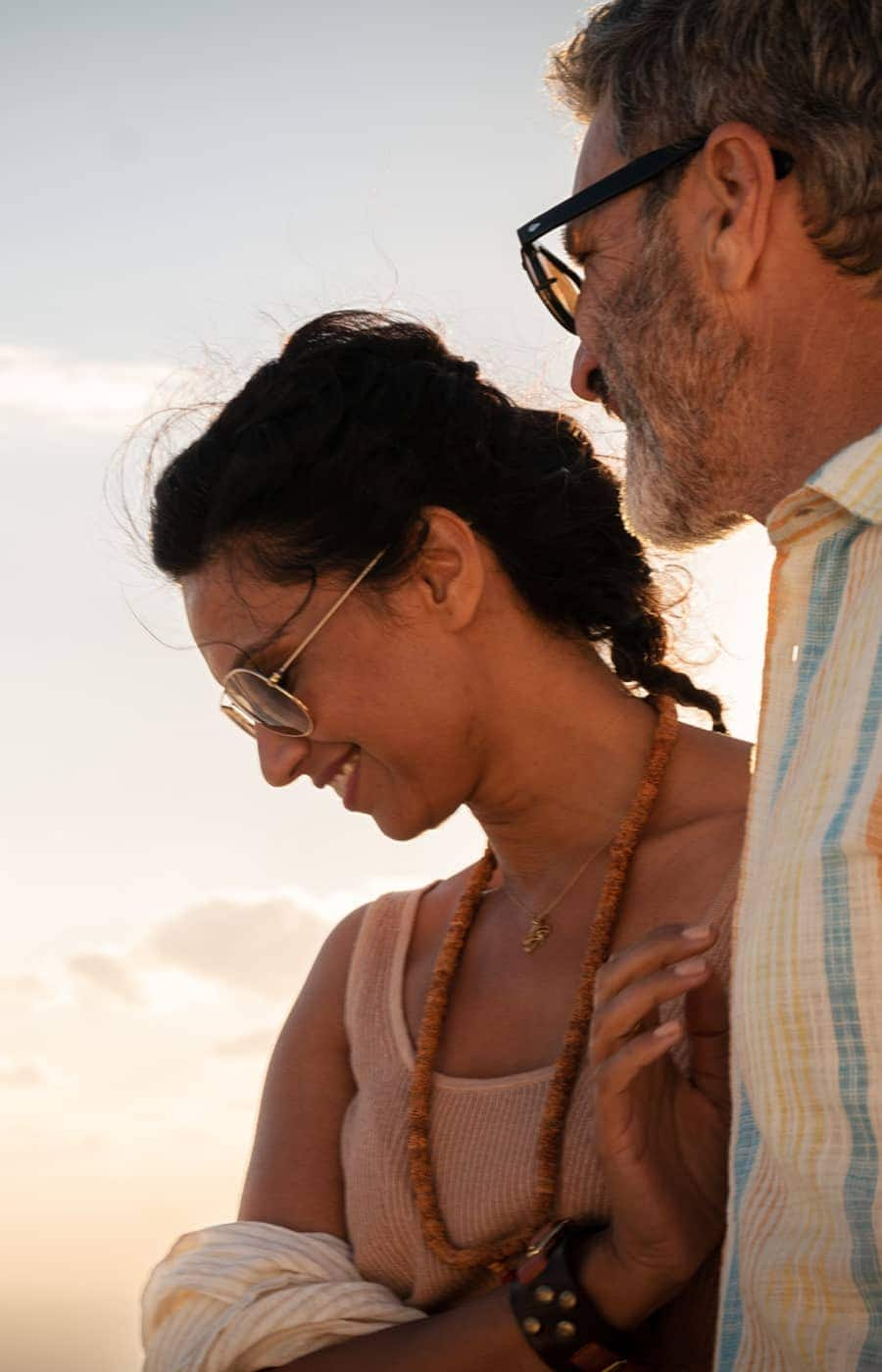

Sign Up for Special Offers
Seabourn's complimentary Personal Cruise Consultants can help you plan your next dream vacation.
FIRST NAME
LAST NAME
EMAIL ME AT
DESTINATION OF INTEREST (OPTIONAL)
I am working with a travel professional
By clicking on “Submit” and providing contact details Seabourn will use the information provided to contact me with marketing and promotional messages. You can opt out at any time. For more details, see our Privacy Notice and Website Terms of Service.
Ancient Philippi, Modern Kavala
-
Port
Kavala, Greece
-
Activity Level
Moderate Activity
-
Excursion Type
All
-
Wheelchair Accessible
No
-
Starting At (prices in USD)
$110
-
Minimum Age
Information Not Currently Available
-
Duration
Approximately 4 Hours
-
Meals Included
Meals not included
The ancient city of Philippi, now called Kavala, is the most important archaeological site in Eastern Macedonia. It lies at the boundary of the marshes that cover the southeast part of the Plain of Drama. The site was originally colonized in 360 BC, and later, King Philip II of Macedon conquered and fortified the city and renamed it after himself. The construction of the Via Egnatia -- a Roman Road -- through the city in the second century BC made Philippi an important regional center. In a dramatic battle, Octavius conquered Philippi and renamed it, rather pretentiously, Colonia Augusta Julia Philippensis. Thereafter known as Philippi, this illustrious city is immortalized in the Bible by the letters of the Apostle Paul to the Philippians. In fact, St Paul founded the first Christian Church on European soil at Philippi in AD 49. Its proximity to Constantinople, the Roman Empire's new capital, brought it new recognition in the Byzantine Era.
Don't miss the ruins of the Octagon complex -- the cathedral dedicated to Saint Paul -- that was erected in the city center in the 4th-6th centuries AD and is part of a UNESCO World Heritage Site. After a series of earthquakes and Slavic raids, ancient Philippi was abandoned early in the 7th century, surviving only as a fortress until its final demise in the late 14th century after the Turkish conquest.
Today, modern Kavala is built around the ruins of Philippi. Its Byzantine and Ottoman Old Town makes for a fascinating morning or afternoon of sightseeing.
Please note: Wear comfortable walking shoes. Shade is limited; to avoid sunburn, wear light, long clothing suitable for use as a cover-up. Bring a hat and sunglasses; wear biodegradable/reef-safe sunscreen. Bring bottled water.